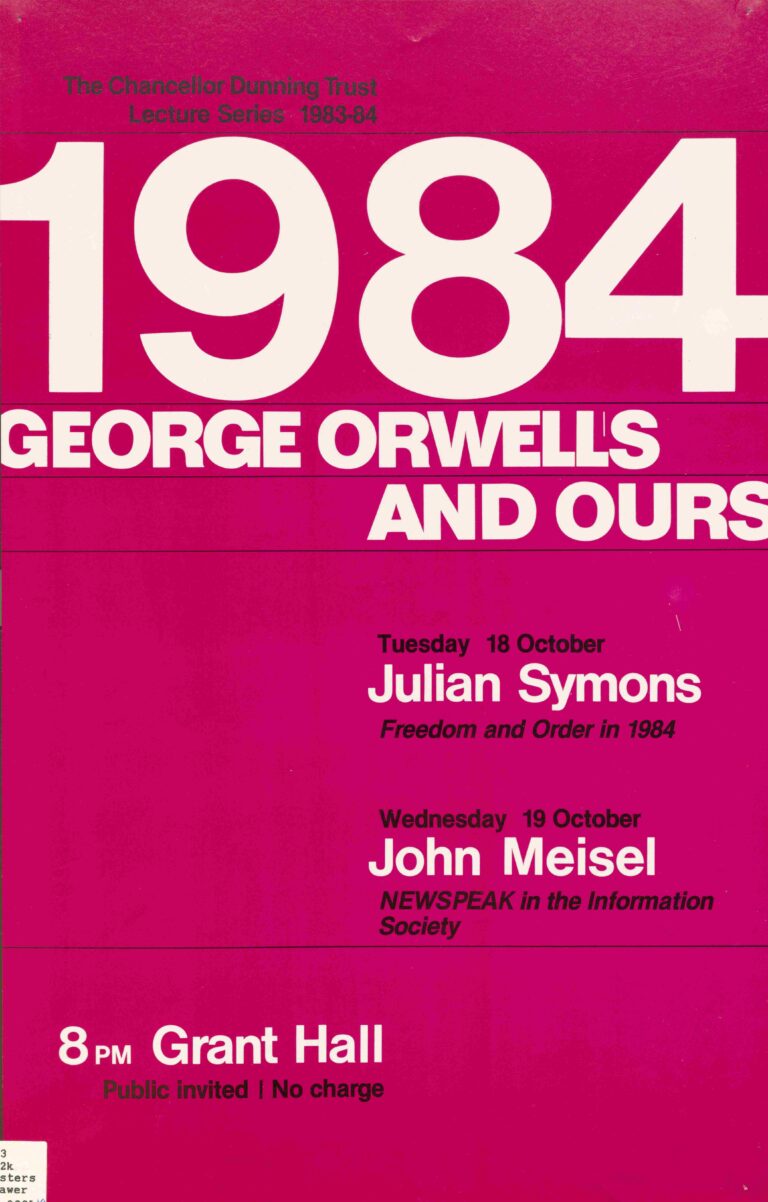
Julian Symons was a British crime fiction writer and poet. He founded the poetry magazine Twentieth Century Verse in 1937 and edited it for two years before turning his attention to crime novels. During his lifetime, Symons published more than 70 works, mostly unconventional crime novels. He also wrote biographies of Thomas Carlyle and Edgar Allan Poe, and in the 1970s taught at Amherst College. His book Bloody Murder: From the Detective Story to the Crime Novel (1972) is an influential critical study of crime fiction. In it, Symons highlighted the distinction between the classic who-done-it mystery, associated with writers like Agatha Christie, and the more modern “crime novel,” which focused on the psychology and motivation of criminals. In 1982, he was named Grand Master of the Mystery Writers of America. He succeeded Agatha Christie as the president of Britain’s Detection Club, a position he held from 1976 to 1985, and in 1990 he was awarded the Cartier Diamond Dagger from the British Crime Writer. He died in 1994.
Symons’ lecture was a part of the series “1984: George Orwell’s and Ours.” In it, Symons discussed the relevance of 1984 to the present day, focusing especially on his personal relationship with Orwell. 1984, he said, was not intended to be a prophetic work. It was not about the future but about the world Orwell saw around him in the immediate postwar years. At the end of 1983, Symons said, we should re-evaluate our attitudes towards freedom and ask if some freedom is against the social good. He also observed a tendency to claim that one’s preferred mode of politics was democracy, and that it protected freedom, regardless of whether that was actually the case. In the 1980s, he said, “freedom needs defining, it cannot simply be invoked.” The meaning of freedom may have changed over time, but now different actors reversed its accepted meaning to cover their intentions by claiming they were acting in the interests of freedom and democracy. Further, Symons argued that freedom must be relative, not absolute, and based on an assessment of the social impact of individual freedoms. We cannot demand too much freedom without putting the basis of our society at risk because “in freedom begins responsibility.”
The lecture was held on October 18, 1983. Listen to it below.